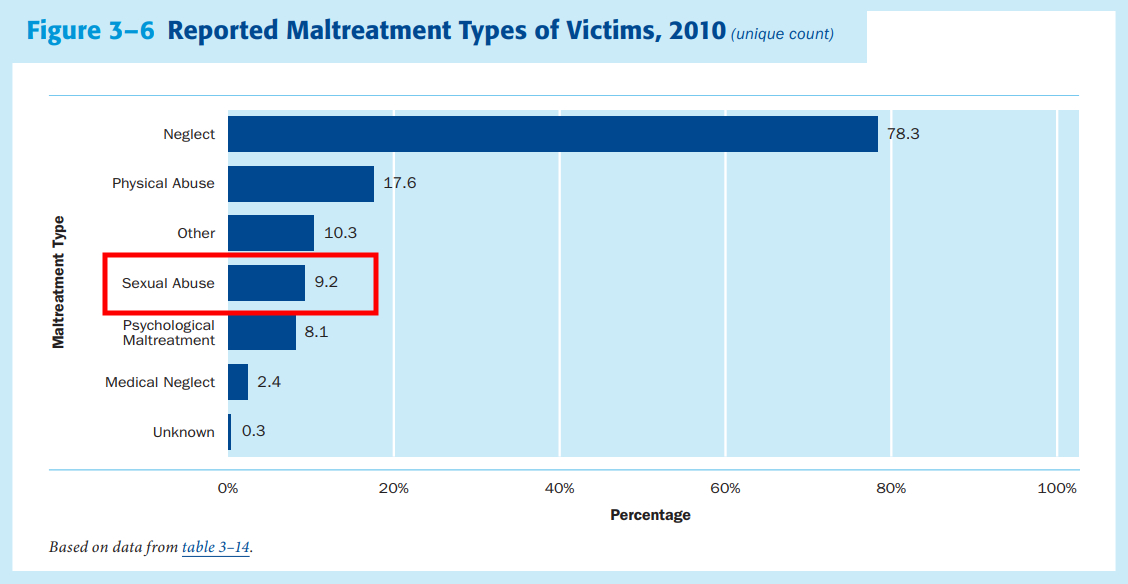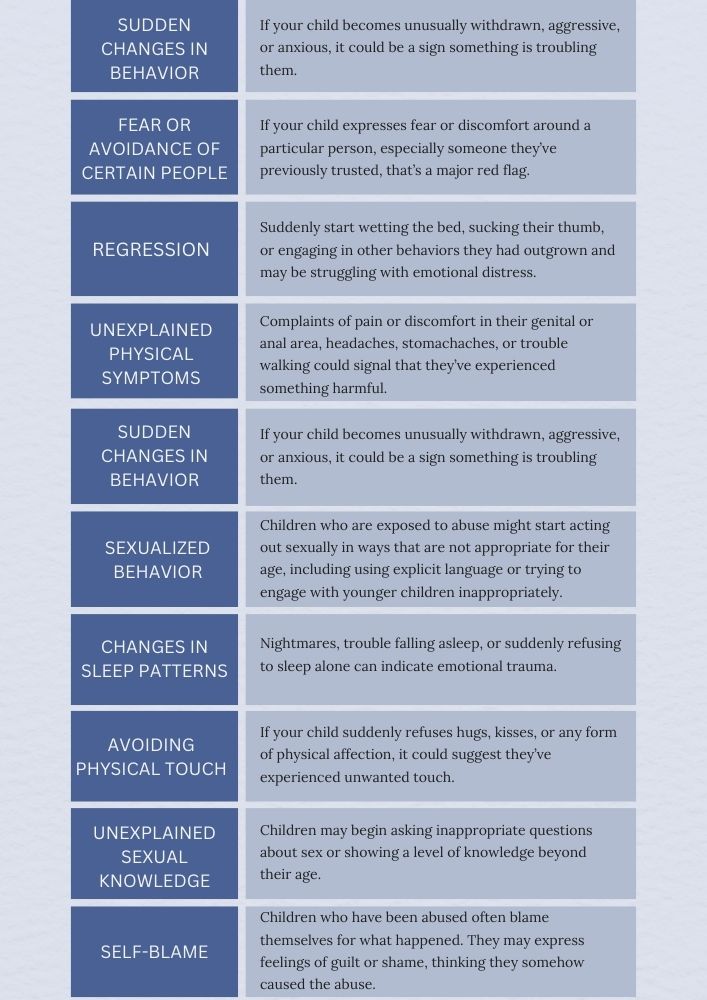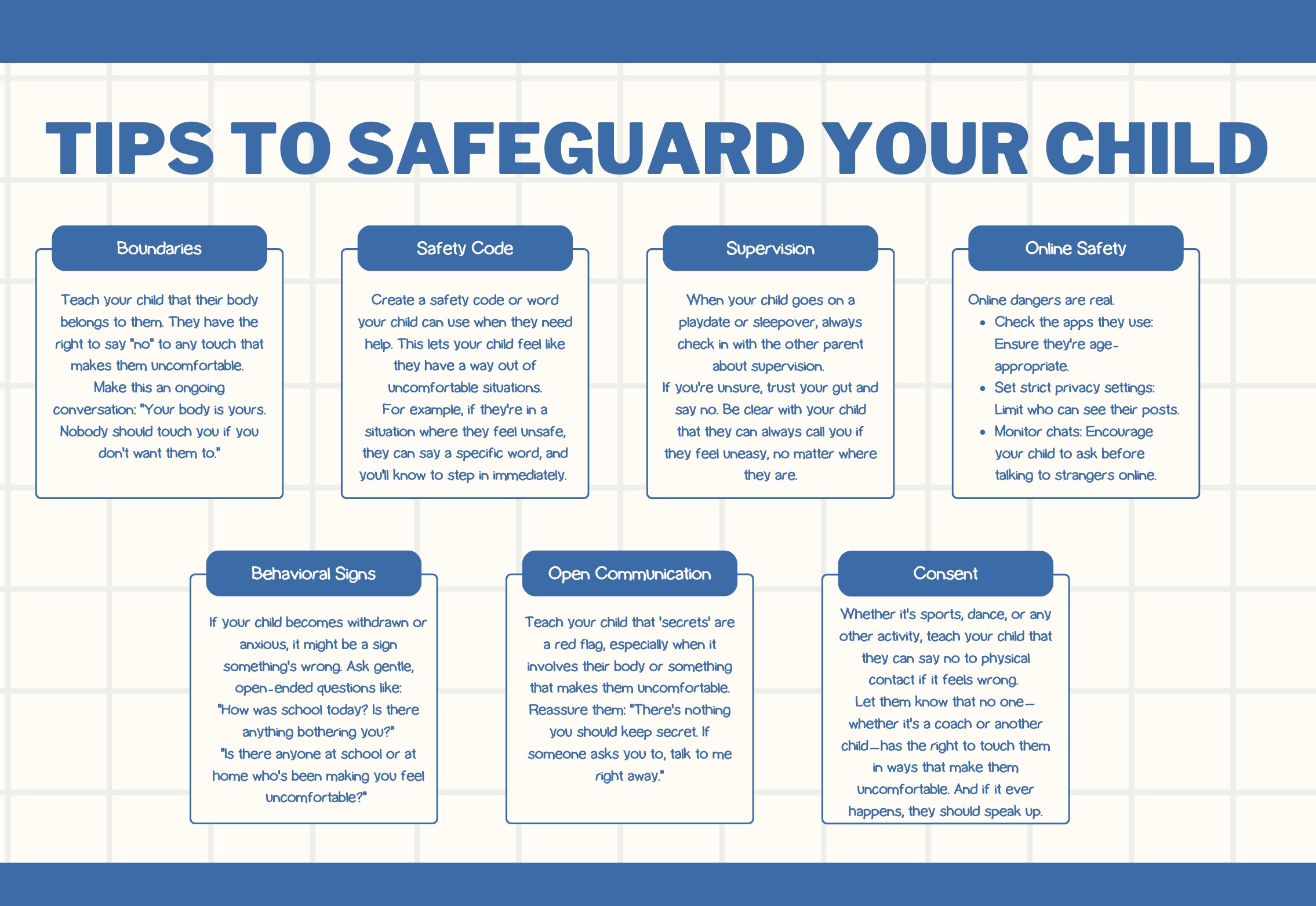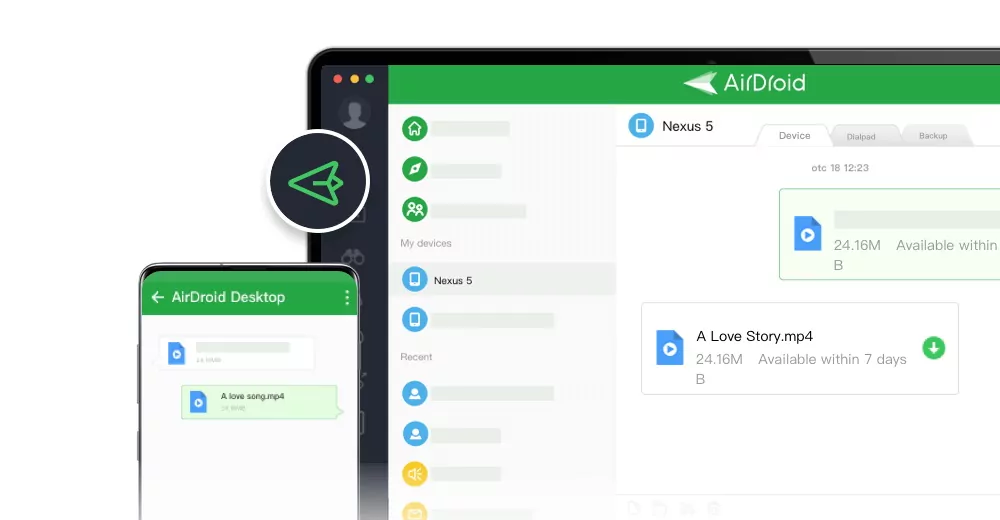From Sam Altman's Allegations to Action: Protecting Children from Sexual Abuse
A recent case involving Sam Altman, the CEO of OpenAI, has brought a painful issue into the spotlight: sexual abuse. His younger sister has accused him of abusing her from the time she was just 3 years old, continuing for nearly a decade.
Although Sam Altman denies the allegations, calling them "utterly untrue," this case highlights the uncomfortable reality that sexual abuse can happen to any child, often in ways we don't expect. It's a reminder that as parents, we need to be vigilant and proactive in protecting our children.
What Is Child and Adolescent Sexual Abuse
Sexual abuse in kids and teens involves any form of sexual activity or exploitation. It can take many forms, and often, the signs are hard to spot. Some common types of abuse include:
Molestation. Inappropriate touching or fondling.
Exploitation. Using a child for sexual purposes, like pornography.
Grooming. Manipulating a child into trusting an abuser, often leads to sexual acts.
Penetration. Sexual penetration, including oral, vaginal, or anal.
Exposure to Pornography. Showing a child explicit material.
The Hidden Danger of Child and Adolescent Sexual Abuse
When we think of sexual abuse, we might picture something violent or obvious. But for many children, it's much more subtle—and often goes unnoticed. Child sexual abuse can include things like inappropriate touching, grooming, or manipulation. It's about power and control, not necessarily about the child's understanding of what's happening.
Take this case for example. The allegations point to abuse that started when she was just 3 years old. At such a young age, how could a child even recognize what was happening, let alone know how to stop it? Children are vulnerable in ways we sometimes don't realize, and abusers can exploit that vulnerability in deeply manipulative ways.
A report from the U.S. Department of Health and Human Services shows that 9.2% of child victims have been sexually assaulted. This highlights the need for parents, teachers, and community members to take practical steps in awareness and vigilance. Adults should watch for signs such as sudden behavioral changes or avoidance of certain people.

The Lifelong Impact of Sexual Abuse on Children
The trauma of sexual abuse doesn't just go away. It can shape a child's future in ways that are hard to undo. Victims often face emotional scars that last a lifetime, including things like PTSD, depression, anxiety, and trust issues. Even when children grow up, the impact of abuse often lingers.
In the case of the Altman family, the lawsuit claims that the younger Altman has suffered from "severe emotional distress" as a result of the abuse. Sadly, these feelings are all too common among survivors of child sexual abuse. The effects are often not visible on the outside, but they can be just as real as any physical injury.
As parents, we have to recognize that the consequences of abuse can be deep and lasting. It's not just about protecting children physically; it's about understanding the emotional toll abuse can take, and offering the right support so they don't carry those scars forever.
How to Protect Your Child: Early Signs You Can't Ignore
You want to protect your child, but how do you know if something is wrong? The signs of sexual abuse in children aren't always obvious, but there are some red flags you can watch for. The earlier you spot them, the quicker you can take action to protect your child.
In this case, for example, the younger Altman has openly discussed her struggles on social media for years. Although she spoke out about the abuse, no one in the family or community seemed to realize the full extent of what she was going through at the time. Sadly, this can be true for many victims—they might not be able to speak up, or might not know how to express what's happening to them.
In addition, there are some early signs of abuse you need to watch out for, such as Sudden Changes in Behavior, Fear or Avoidance of Certain People, Regression, Unexplained Physical Symptoms, Sexualized Behavior, Changes in Sleep Patterns, Avoiding Physical Touch, Unexplained Knowledge of Sexual Matters, Unexplained Knowledge of Sexual Matters, and Self-Blame.

What Every Parent Can Do: Practical Steps to Safeguard Your Child
While we can't control everything, there are simple steps we can take to keep our children safe. It starts with creating an open, trusting environment at home. Talk to your children about safety, help them understand what's appropriate, and let them know they can come to you if something feels wrong.

Conclusion
The world may feel overwhelming at times, but as parents, we have the power to protect our children from sexual abuse. By staying informed, watching for signs, and taking proactive steps, we can help ensure our children grow up in a safe, loving environment. If you're concerned about your child's well-being, particularly regarding their interactions and experiences, don't hesitate to stay vigilant and engaged.
Prevent Online Grooming with AirDroid Parental Control
AirDroid Parental Control monitor their children's online behavior, identify online grooming and other digital threats, and ensure their safety.











Leave a Reply.